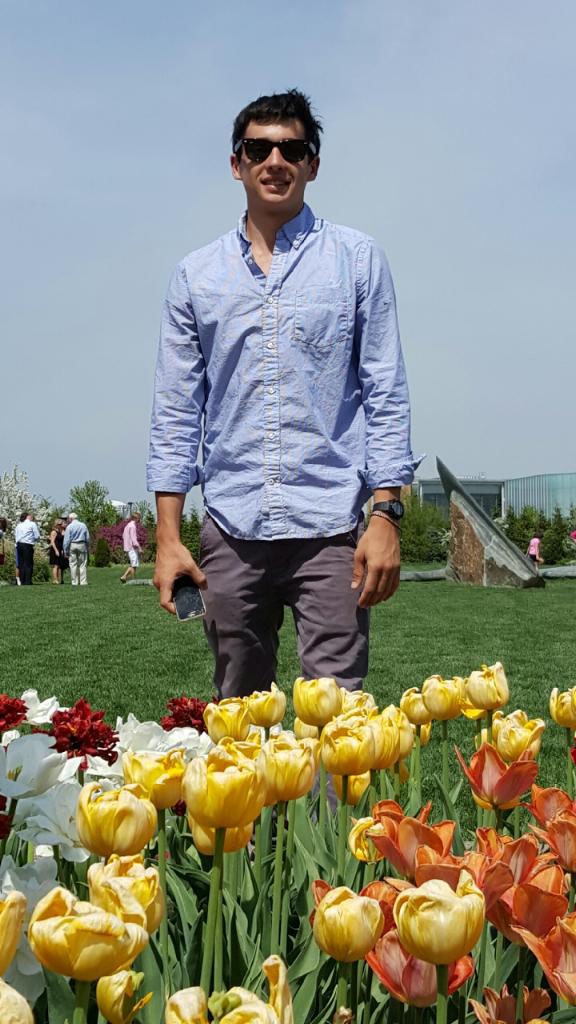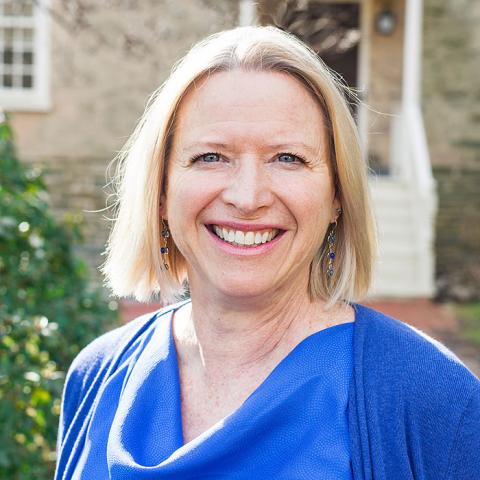Spotlighted Student: Walid Nashashibi '16

Walid Nashashibi '16
Details
Knowing very little, if anything, about Haverford College, Walid learned about the college through a high school friend who had applied.
Walid Nashashibi '16 has lived in Bethesda, Maryland for most of his life. However, he did live in Jerusalem from 2000-2005 during the time that his father was the Middle Eastern representative for the International Monetary Fund (IMF).
Knowing very little, if anything, about Haverford College, Walid learned about the college through a high school friend who had applied. Walid’s curiosity was peaked and he did some exploring. He visited the campus and was intrigued with what he learned. He was impressed with the academics, and he liked the social setting and the feel of community. He was also drawn by the opportunity to play on the rugby club team, of which he has served as Captain freshman year.
With his father being an economist, Walid has been familiar with the discipline. The International Baccalaureate economics course that he took in high school corresponded with his interests. He appreciated the discipline’s theoretical implications and its relevance in day-to-day life.
For his thesis, Walid aims to examine the extent to which the NFL promotes a culture of violence among athletes of particular ethnic groups. More specifically he hopes to determine whether or not there is a racial disparity in the probability of being fined or suspended in the NFL. To do this, he will merge over one thousand unique observations of infraction data with weekly observations for every player in the league over a period of five years. His method will involve finding the probability of being fined or suspended in a given week based on race, and then, given that an individual has been fined, finding the magnitude of the fine and the probability that the individual commits a second offense. Examining whether there are racial disparities in sizes of fines or probabilities of second offenses both require using a Heckman Selection method to account for the difference in the samples of players who are fined and players who are not fined. His motivation for this research comes primarily from a series of anecdotal incidents in which NFL members and owners actively support or refuse to address acts of violence by athletes on and off the field. And though there is some research that looks at the own-race bias of NBA referees, no research has looked at a penalty and fine process that involves subjective reasoning after the fact and behind closed doors.
Walid particularly enjoyed former faculty member Indradeep Ghosh’s Crises course, where discussions about implicitly accepted economic theories were challenged and tested. He also valued Bryn Mawr math professor Paul Melvin’s Real Analysis course where a different approach to the analysis and application of calculus was explored.
Internships have played an important role in enrichening Walid’s education. The summer after his freshman year, Walid worked as a media out-reach assistant at Nonviolence International, a Washington, DC based non-profit. He networked and reached out to bloggers and activists, and he organized and amassed resources and tools that promote non-violence.
The summer following his junior year Walid interned at the Palestine Economic Policy Research Institute, in Ramallah, West Bank. He was assigned a topic (land registry in Palestine) to research and present to the staff. Through the process he further honed his public speaking skills.
After he graduates with a major in economics and a mathematics concentration, Walid plans on working as a research assistant, or as a consultant, with a non-profit that focuses on economic policy and human rights. However, he is open to working in any variety of businesses where he can use his economic and mathematic skills. He has dreams of one day moving to the West Bank and owning a few restaurants that have Mediterranean culinary influences.




